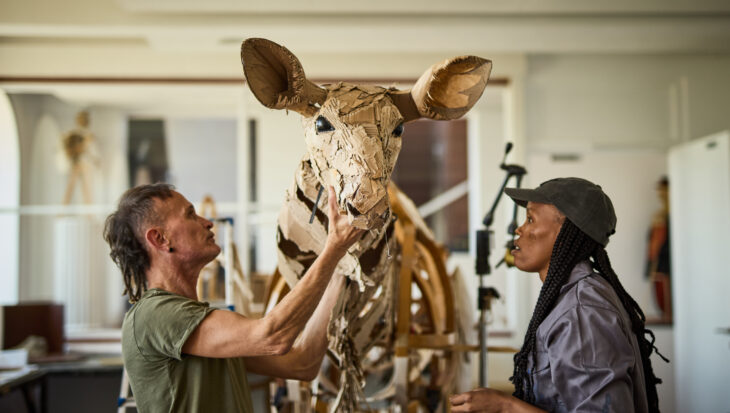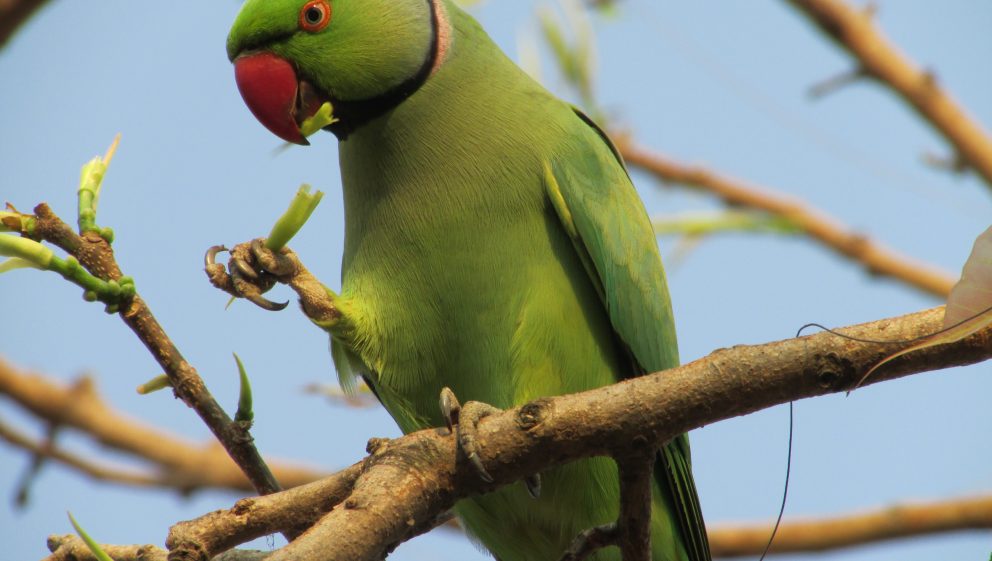‘The Herds’ will be arriving in London this Friday!
Have you heard? A breathtaking arts initiative, ‘The Herds’ will be arriving in London this Friday.
Posted 27 Jun 2025

Posted on the 17th July 2017
A recent report presented to the government calls for the culling of ring-necked parakeets. However these plans are not only cruel, but based on speculation about the species.

Parakeets are not native to Britain but were taken from the wild, shipped around the world and stuffed into ornamental cages. We should be delighted that some of these birds have escaped such a dreadful fate.
Ring-necked parakeets have become part of everyday life for Londoners, and those living amongst them. They entertain us through their beautiful colours and amazing sounds. In the report by ParrotNet, it is claimed these birds cause ‘damage to crops’ and ‘displace nesting native birds’, but there is little evidence to show that this occurs in Britain. As the effects of climate change become more prevalent, and the British climate becomes warmer, these birds will continue to adapt and thrive. It is ridiculous to dictate which birds and animals should and shouldn’t live within our national boundaries, given the rapidly changing natural environment.
With over 30,000 ring-necked parakeets being present in the UK at the last count, it will be impossible to eradicate them all. Not only this, the cost to the taxpayer will be vast. One only has to look at the government’s failed monk parakeet eradication programme (which cost the taxpayer £1,000 per bird) to know that culling is a costly and largely unpopular operation.
Having such beautiful, amazing birds living amongst us in this country is a privilege, and they should not be demonised or killed simply for living.
Have you heard? A breathtaking arts initiative, ‘The Herds’ will be arriving in London this Friday.
Posted 27 Jun 2025

As the greyhound racing industry releases its annual data on the number of dogs’ deaths, a raft of well-known names - alongside their canine friends - has called upon the Government to end greyhound racing....
Posted 26 Jun 2025
